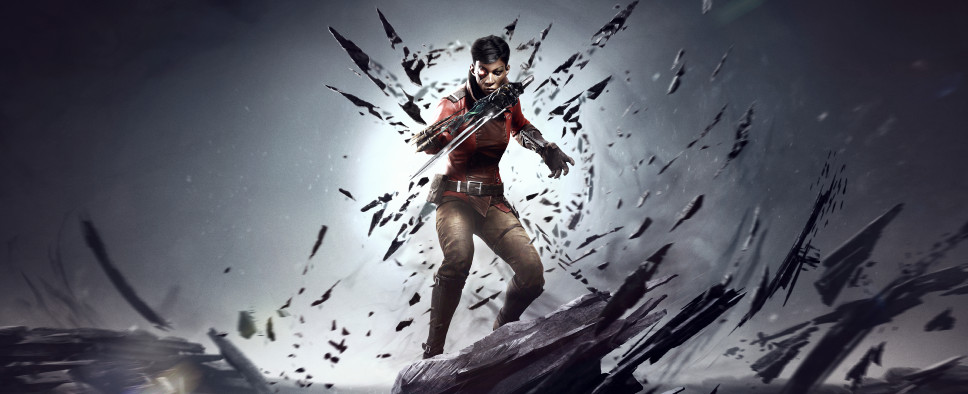Dishonored: Death of the Outsider Interview
-
Category: News ArchiveHits: 1385

Eurogamer has spoken to a couple of Arkane Studios' developers during the recent Gamescom, about the Dishonored series, the ways in which Death of the Outsider will differ from its predecessors, the inner workings of Bethesda as a publisher, and the future of the immersive sim subgenre of games. A few snippets:
Still, as well as playing Death of the Outsider out at Gamescom I also spoke to Dinga Bakaba and Christophe Carrier, lead designer and lead level designer respectively on Dishonored 2 and Death of the Outsider, and being the men behind of some of recent gaming's finest level design they had some predictably intelligent things to say about it.
"Everything is linked together, right?" Carrier says, "the way you play Billie is not the way you play Emily or Corvo, it's faster when you play Billie, because you don't have the limitation of the mana, you try things, you combine things, so it's a different way - it's a different character and a different way to play it." If Dishonored or Dishonored 2 were to have that same potion-free system, he continues, "the exploration would be less interesting because you would have fewer things to find. Each game has its own identity."
[...]
For all their failure at making my own life easier in Dishonored - for which the fault lies entirely at my clumsy fingers - the shift to a more streamlined approach to abilities does seem like an appeal to the wider audience. Bakaba, for example, was keen to describe Dishonored, and even its peers, as "action games," over stealth or immersive sim. I wonder aloud to him and Carrier if that was part of a more conscious attempt to bring in new players, but in fact that seems of lesser importance to them than it just playing the way they want it to. "I don't think it's niche at all, I think it's a matter of continuing to move forward with our values," and likewise "it's not about complexity."
"It's more about some experimentations that we wanted to make, as game-makers first," Bakaba says. The same goes for the decision to go with the expandalone as a format. "One of the main things that triggered this discussion for me was actually The Old Blood for Wolfenstein - I was like man, that's a cool format, because they get one year to make this new campaign, and it's sizeable, and it has a different theme, and it allows you to visit a different area of the world... right now there are different ways to go at game development. Basically it's interesting to question yourself about things like that."
There is, I have come to realise, a surprising amount of freedom in the way Bakaba, Carrier, and Arkane in general are able to approach their work. Out here in the wild it looks, quite frankly, like their genre of specialty is dying, and a mega-publisher like Bethesda, with its giant Fallout and Elder Scrolls franchises - and infamous crushing of the original Prey sequel - does not, on the surface, appear to be the most tolerant.
Bakaba though is stoically optimistic. "I know that everyone always says my publisher is cool to work with, but I'm not saying that to please anyone," he laughs, "I think it's a good fit between Bethesda and Arkane for that. I mean they acquired us to work with us because of what we do, and they value what we are in a way. I think that's really good. They've been very supportive. It's good to be in a position to be able to experiment."
Carrier agrees. "I've been playing games since Pong, that's how old I am. And I've seen the game industry change time after time. At some point people were saying, 'Oh single player games are dead' and for some time there were no single-player adventure games around, and then suddenly - bing! - another game, maybe like Dishonored, and everyone's like, 'Oh that's super cool!' So there are no rules - I wish there were rules, then everyone would be rich."
"We're doing what we love... I want to make games forever, I like it, this is something I really like! It's a passion, and I wouldn't make a game that I don't like. So that's my first and only reason for doing games, personally. If a game sells very well and if it's the type of game that appeals to a lot of people, I'm happy. If not, well, whatever."

